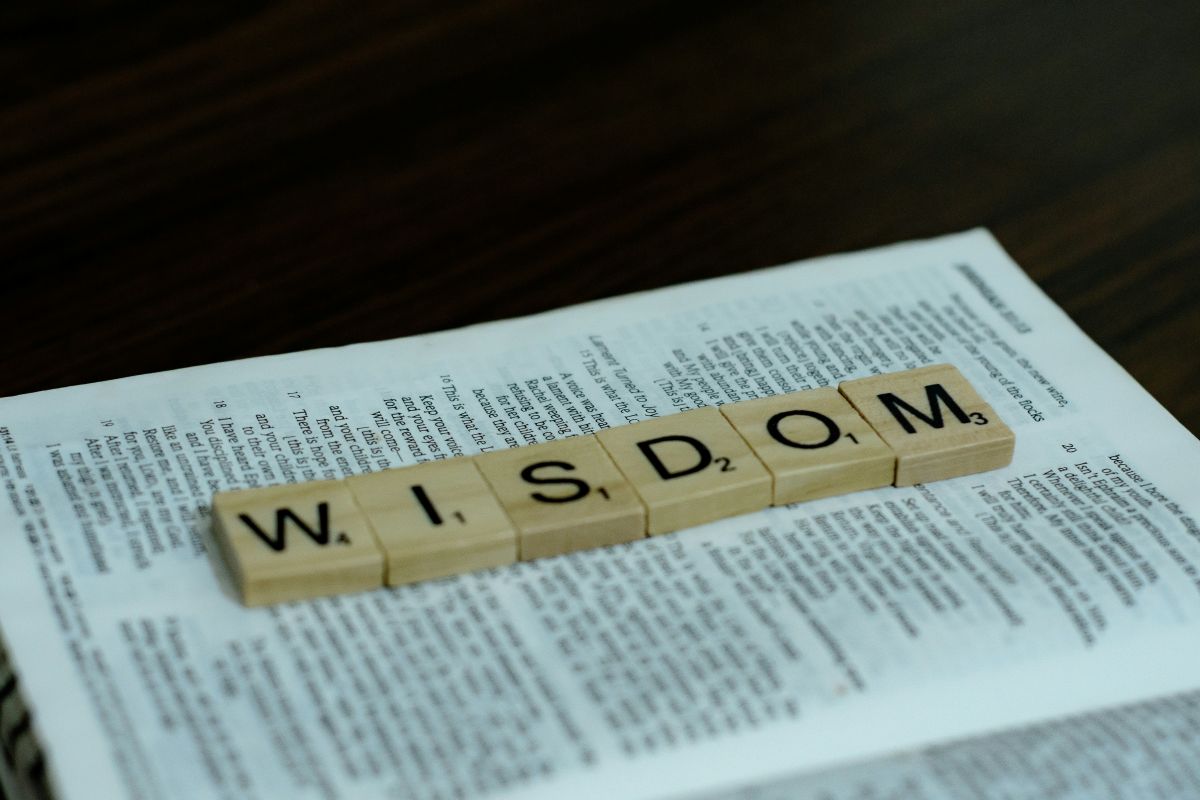
[Flash] When Wicked Director Jon Chu’s Mentors Gave Conflicting Advice
|
In his new memoir, Viewfinder, Jon M. Chu, the director of Crazy Rich Asians and Wicked, shares his journey from USC film school to the Oscars.
When Steven Spielberg discovered a short film Jon produced for school, he invited Jon to shadow him on a movie set for the day. Spielberg offered Jon this advice: “Be extraordinarily careful about choosing your first project – hold out until you find the one that means a lot, that would allow you to do your best work, that would define you for Hollywood.” Unfortunately, this moment with Jon’s idol was followed by a few promising projects that fizzled and a 5-year drought in which he didn’t work on any movies. So, when an opportunity to direct the sequel to So You Can Dance came to him, Jon considered it. But the studio offered it as a “direct-to-DVD” movie. In Jon’s words, “The lowest form of directing gig. I’m not that person. I can’t be that person!” Directing a direct-to-DVD sequel would be ignoring Spielberg’s mentoring. When he mentioned the offer to his mom and told her he would turn it down, she scoffed, “Since when did you become a snob?” She continued, “You’re a storyteller, right? You should be able to tell a story in any form – even a direct-to-DVD movie. So, go tell a story.” Whose advice should he follow: Steven Spielberg’s or his mom’s? Spielberg’s mentoring was substantial, but, as Jon reflected, it fed a self-image that became Jon’s anchor rather than a beacon. Conversely, his mom’s mentoring reminded Jon why he wanted to be a filmmaker. With renewed confidence, Jon chose to be a great storyteller. He proactively reconfigured the script for Step Up 2 to tell the story through street dancing. His pitch to Disney was so compelling that they changed it to a theatrical release. And just like that, Jon’s career launched. Having multiple mentors is valuable – they offer different perspectives and perceptions. But it’s imperative to be discerning when advice pours in, especially when recommendations diverge. Mentors are well-intended; however, context matters. Sometimes, the advice they offer is vacuum-sealed, while our situation never is. But mentors are never responsible for our success; they are simply responsive to us. It’s our job not to execute every morsel of mentoring but to unravel and decipher them. And then take action. Compile. Contemplate. Choose. © 2025. Ann Tardy and MentorLead. www.mentorlead.com. All Rights Reserved. P.S. Tired of looking for Flash! in your email? Follow me on LinkedIn and get notified each time I publish a new Flash! |







